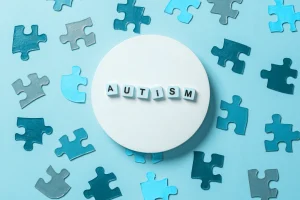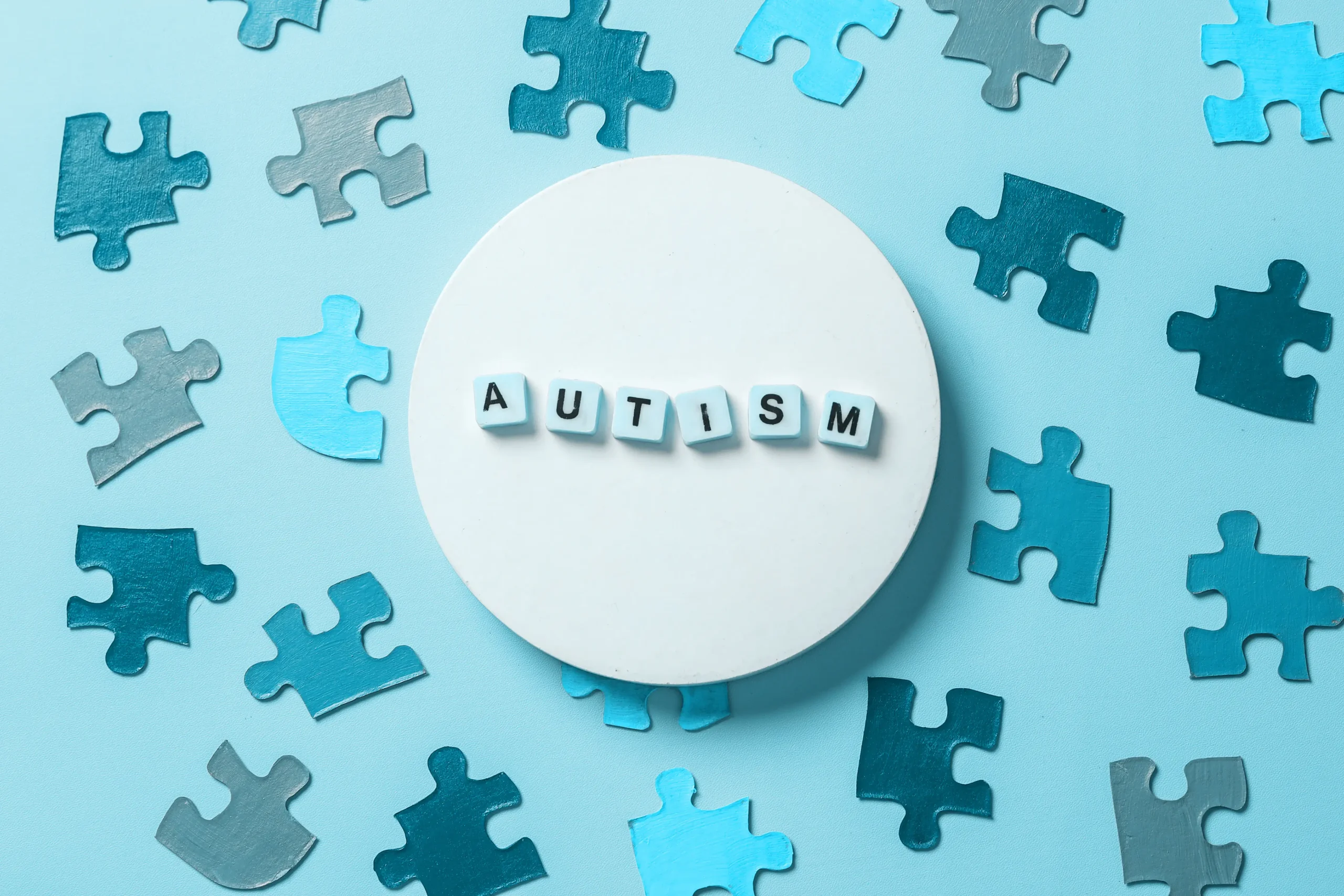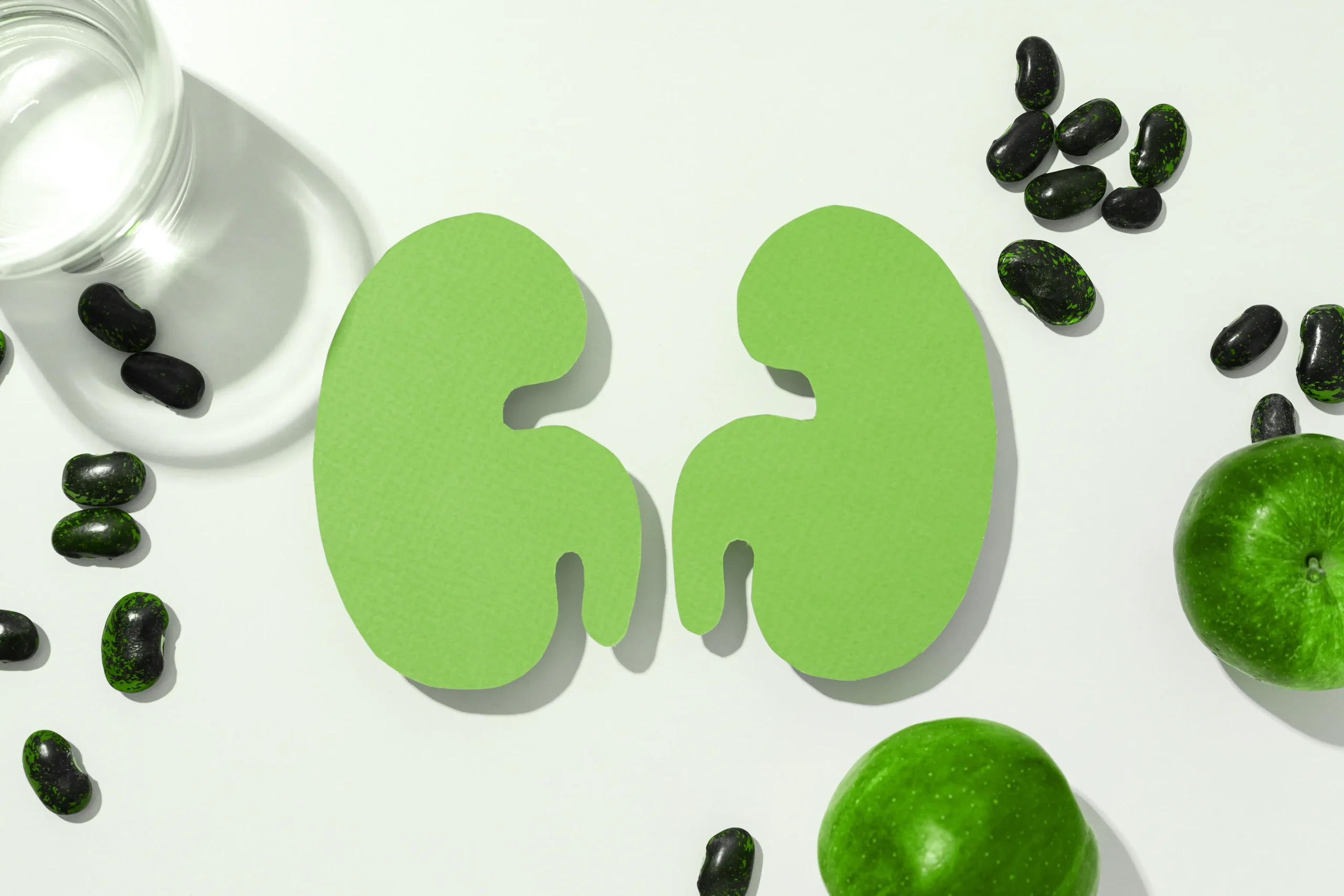5 of the most challenging mental illnesses and how to manage them
Mental illness affects 1 in 3 South Africans and can be debilitating for a family. Sadly, 75% of these sufferers will not receive adequate treatment.
If you think someone close to you is suffering from a mental illness, it is important to take it seriously. Show them your support by suggesting they get the help of a mental health professional. If you think you may be suffering from a mental disorder, seek help as soon as you can.
Here are 5 of the most challenging mental illnesses, and how to help someone who suffers from them:
1. Anxiety disorder
When runaway emotions start to affect daily functioning, then it may be time to address an anxiety disorder. Reasons for this illness include a history of family mental health problems, environmental factors such as a very traumatic event, an imbalance of hormones or impaired brain functioning, or some other physiological reason including withdrawal symptoms from an addiction.
Symptoms may include:
- Feeling jumpy or irritable
- An irrational fear or response to an everyday event
- Excessive negativity
- An inability to cope with life in general
- Chest pain or heart palpitations
- Stomach cramps and nausea
- Trembling or shaking
- Hot flashes or chills
Techniques to overcome anxiety disorder include practising stress management, exercise, counselling and support groups, and relaxation techniques including yoga, Pilates and aromatherapy.
Learn more about anxiety and depression here.
2. Bipolar disorder
This mental illness is aptly described: it is a binary state where the person is either elated and ecstatically happy and thus manic, or completely depressed and down in the dumps. The alternating states of manic-depressive can come on quickly or slowly over long periods of time and may even result in suicide.
Symptoms may include:
- Intense emotional states of either euphoric fantasies or terror nightmares
- Self-injuring behaviour such as cutting or scratching
- Impulsive behaviours such as overspending or sexual addiction
- Intense self-hatred or skewed self-image
The best way to assist someone is to seek professional help. Medication is usually prescribed for the bipolar sufferer. Hospitalisation and psychotherapy may also be needed.
3. Depression
Depression is the state in which you just cannot seem to shake off an ongoing sadness. Everyone has disappointments and regrets, but when these feelings begin to overwhelm us to the point where we cannot seem to recover, this may indicate depression. There is evidence that depression is linked to self-anger that has turned inward.
Symptoms may include:
- An ongoing sadness
- Trouble sleeping
- Unexplained weight loss or gain
- A sense of lethargy or fatigue
- Feelings of worthlessness
Triggers such as the loss of a loved one and other forms of grief (like losing a baby or not being able to fall pregnant) can often be part of the root cause. Ongoing anxiety can also lead to depression.
Time and understanding are two key ingredients in helping someone. Medication may also be necessary to enhance and elevate mood. Helping a person to get back on track with their lives, and encouraging them to follow their interests and passions are good ways to break the cycle of depression. Seek professional help if possible.
Learn more about how to manage your mental health here.
4. ADHD
The first thing that often comes to mind when looking at a sufferer of Attention Deficit Hyperactivity Disorder (ADHD) is a wilful and naughty child on Ritalin running around breaking things. According to the Centers for Disease Control and Prevention (CDC), the ailment affects mostly young people, with some 9% of young children being diagnosed. However, as many as 4% of adults also have the illness.
Symptoms may include:
- Jumping around and becoming easily distracted
- Being excessively loud
- Becoming bored
- An inability to complete tasks
- Fidgeting and playing with objects
- Being impatient and impulsive
The causes of ADHD may be genetic, while strong evidence suggests that the children of mothers who smoked or abused alcohol while pregnant are more prone to the illness.
Treatments include medications to help calm the mind, as well as psychological interventions where linking is done between the person’s value systems and the tasks that they have to complete.
5. Addiction
When we think of addiction, we often think of alcohol or drugs. However, there is growing evidence that sugar and technology are both highly addictive, as is smoking. While it may seem a bit harsh labelling these addictions “mental illness,” oftentimes there are strong psychological reasons and psychosomatic neuroses attached to overuse of any single thing. Being co-dependent on another human being can also be unhealthy.
For those who smoke, research shows that nicotine addicts get cravings that last as long as 20 minutes, which is why cigarettes are so hard to give up, and why many who stop smoking return to it in later life.
Seek professional help to determine the underlying emotional issues that promote addictive behaviours.
Learn more about the importance of mental and emotional health here.
The lenmed Group is a world-class chain of Private Hospitals that brings quality healthcare to communities across Southern Africa.
For more information please contact:
Dr MJ Ndhlovu Clinical & Consulting Psychologist
PhD (Cons Psy) UNISA, Msoc. Sc (Clin Psy) (UNW)
Tel: +27 (0) 11 923 7785
Email: [email protected]
Disclaimer: Any information contained here is merely a guideline. Always visit your healthcare practitioner for any health-related advice or diagnosis.















